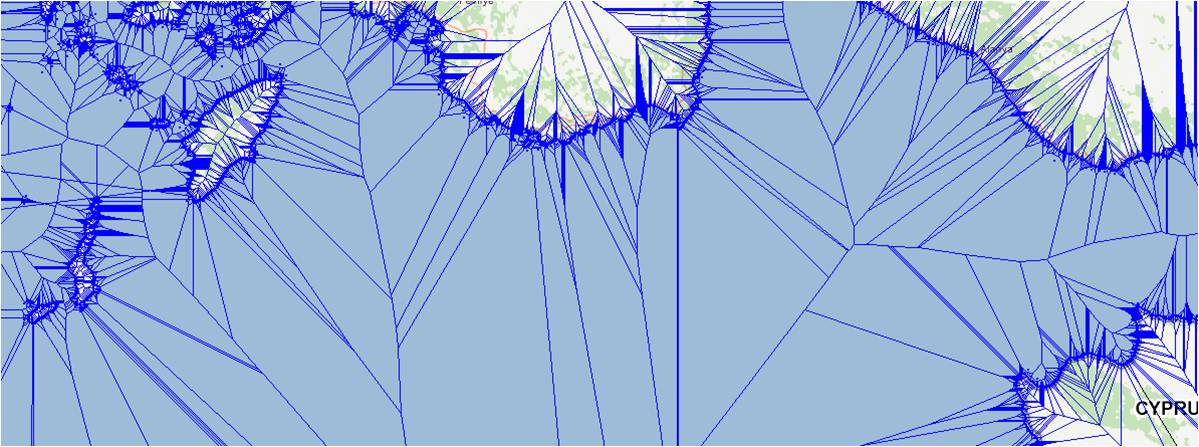7108 - Casus belli and EEZ
N. Lygeros
Translation: Paola Vagioni
Many of us who are still wondering up to what extent the notion of the Exclusive Economic Zone allows us to exit the dead end of previous interstate negotiations, are under the impression that Turkey can declare a new Casus belli regarding the EEZ. They have not realized that the three interstate agreements of Cyprus with Lebanon, Egypt and Israel have highlighted the rational substrate of their quandary. They have not perceived that the Albano-Greek agreement is a matter of time to take place and that time is on our side, which proves de facto that the intention for Casus belli has no meaning on behalf of Turkey. Let us analyze this issue structurally.
After the enactment of the EEZ, Greece can sign interstate agreements with Albania, Italy, Libya, Cyprus, Egypt and Turkey. The analysis via Game Theory leads to the strategic conclusion that the negotiation with Turkey must be the last one. For all the previous ones, Turley is not involved and consequently it is the third party. In these we have two categories. The first is where Turkey has no involvement as far as the Voronoi diagrams are concerned. In this category, a Casus belli from Turkey would have no de facto meaning. In the second category, Turkey would have to convince the second state to accept its request, consequently the Casus belli would be twofold, which is dangerous. In these two categories the idea that is being brought out is that the third party is having difficulties in being involved in an interstate relationship between two states. This is the paradigm of Cyprus.
The structural problem is that the EEZ issue is no longer a one-sided decision as soon as there is coverage. Regarding now the case of Greece with Turkey, the Casus belli does not constitute a pressure lever since it is sufficient for Turkey not to sign the interstate agreement. We have therefore proved by thoroughly examining all the cases, that the Casus belli in the case of the EEZ would not be effective. Therefore, there is no analogy with the Casus belli regarding the 12NM. The difference that makes the difference is simple and it is the following: the extension up to the 12 NM is a one-side decision. Thus the Casus belli by its existence can cancel this decision, even if we have signed the 1982 Law of the Sea Treaty. We must not therefore make erroneous analogies, which can neuter our thought. In the end, the EEZ does not have the same structural problems that the national waters have even if they are ostensibly alike. This way, the EEZ avoids the problems of the past and allows for the existence of a dynamic framework, which is feasible to be turned into an allied field of action. There is no reason to have phobias on an issue that has demonstrated in many cases throughout the world, its disarming effectiveness even with traditionally difficult players.

